In Gulf culture, the thawb (thobe or tobe) is not merely an outfit for men. It is a means of flaunting your tradition, identity, and the ancient craftsmanship of your clothing roots. The Emirati and Omani thawbs are two known variants of tobes. Many men prefer to wear it with keffiyeh and shemagh. But what is the difference between an Emirati and an Omani thobe?
There are noticeable differences in design, visual appeal, functionality, and cultural significance. Here are some of the most important differences.
Design and Ornamentation
People recognise the Emirati tobe for being simple and minimalistic. The neckline is usually basic or has no collar. It commonly has straight lines and negligible embroidery.
The Omani robe, on the other hand, is highly decorated. Embroidery is typical all over the neckline, cuffs, or chest, and a unique farkha (tassel) frequently hangs from the neckline.
Also, check out our Moroccan thobe with hood collection!
Fabric, Fit, and Silhouette
Emirati tobes are usually made of lightweight textiles. They have a straight, sleek form. It is stitched to give an airy feel in this full-length outfit. In comparison, the Omani thawb is made of expensive fabrics. Its embroidery makes the drape broader.
Neckline, Collar, and Tassel
Most often, the Emirati thawb features a basic or round neckline with no collar and a long tassel. The Omani style can have a modest, defined collar with embroidery and a shorter ornamental tassel.
Pair your thawb with a Yemeni shemagh.
Occasions and Cultural Significance
The Emirati kandura is simple yet elegant. It is suitable to wear on casual and formal occasions. In contrast, men also wear Omani jubbah with its embroidery and customary motifs to weddings and relevant events.
Read: Why do Islamic men wear thobes?
What Al-Haq Thobes Has to Offer?
Al-Haq Thobes makes both Emirati and Omani thawb designs out of high-quality materials. Omani thawbs include embroidery, concealed zippers, detachable tassels, and pockets for a more elegant yet traditional appearance. Emirati designs focus on comfort and simplicity.
Summary: What is the Difference Between an Emirati and an Omani Thobe?
|
Feature |
Emirati Thawb |
Omani Thawb |
|
Regional name |
Kandura |
Jubbah, Dishdasha |
|
Design |
Minimalist, plain neckline, no embroidery |
Embroidered neckline, cuffs, chest |
|
Fabric and fit |
Lightweight, breathable, straight cut |
Richer fabrics, fuller drape |
|
Collar |
Collarless, simple neckline |
Small collar, often embroidered |
|
Tassel (Farkha) |
Long tassel at neckline |
Shorter, decorative tassel |
|
Occasions |
Daily wear, gatherings, formal use |
Festivals, weddings, cultural events |
|
Cultural Symbolism |
Modesty, simplicity, elegance |
Heritage, tradition, pride |
The Bottom Line
So, what is the difference between an Emirati and an Omani thobe?
Both thawbs belong to the Gulf traditions. They are often worn with a shemagh scarf. However, they have numerous different features. Knowing these elements helps you choose the outfit that best shows off your individuality while respecting the cultural roots. These thawbs are more than simply clothes. They stand for uniqueness, history, and pride.
